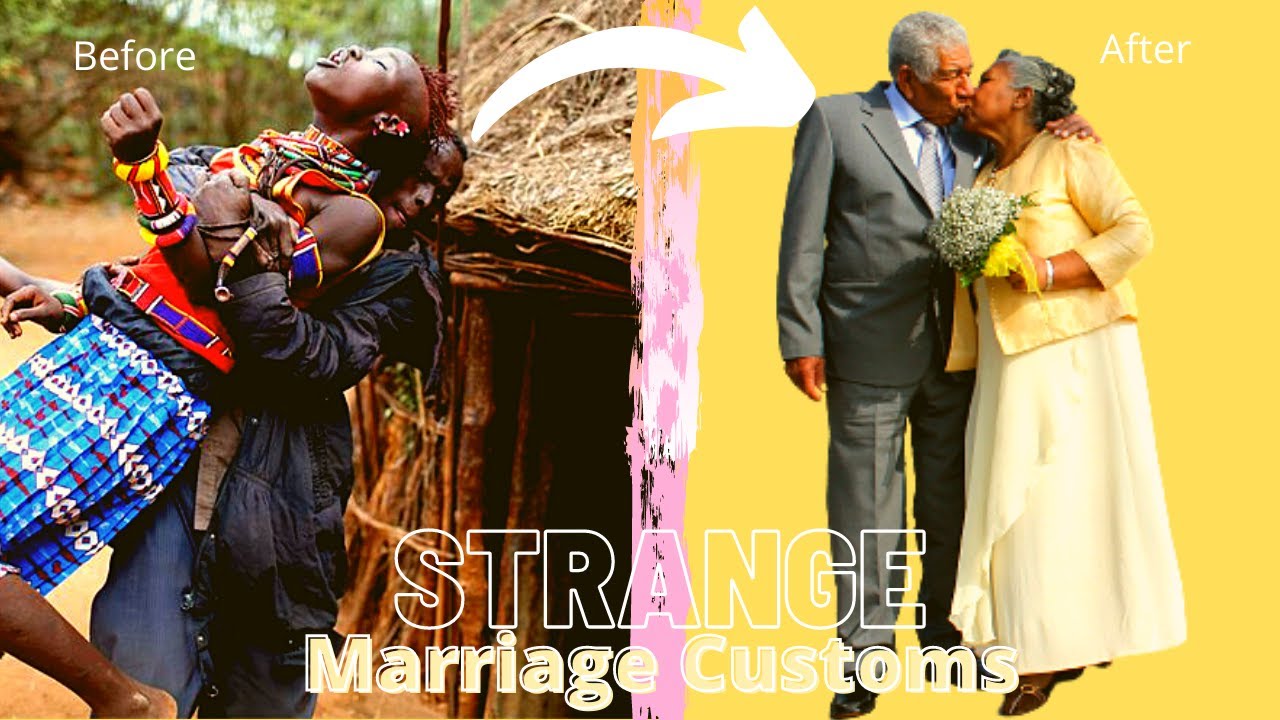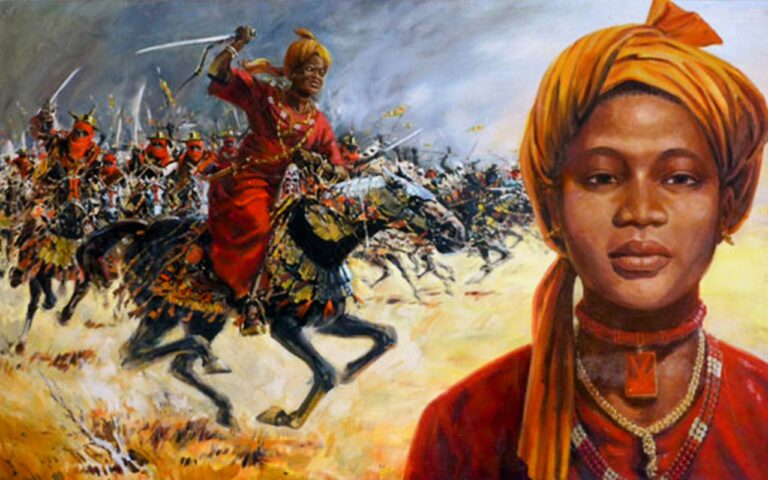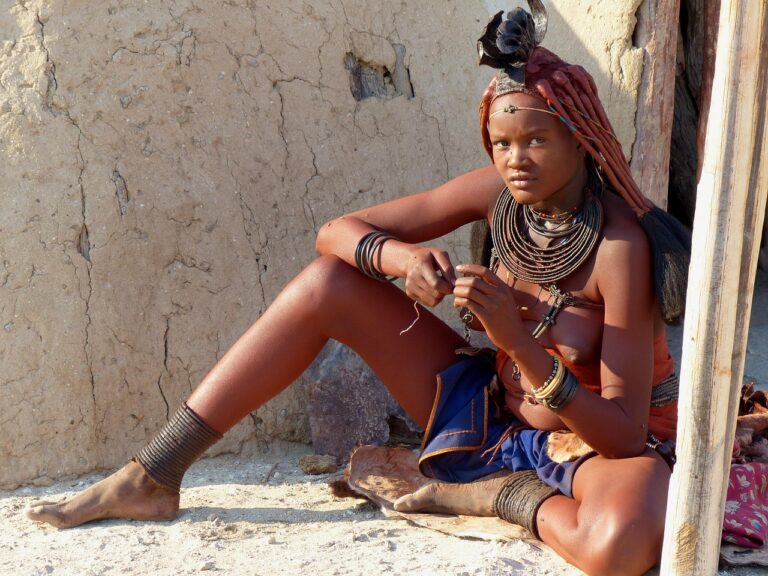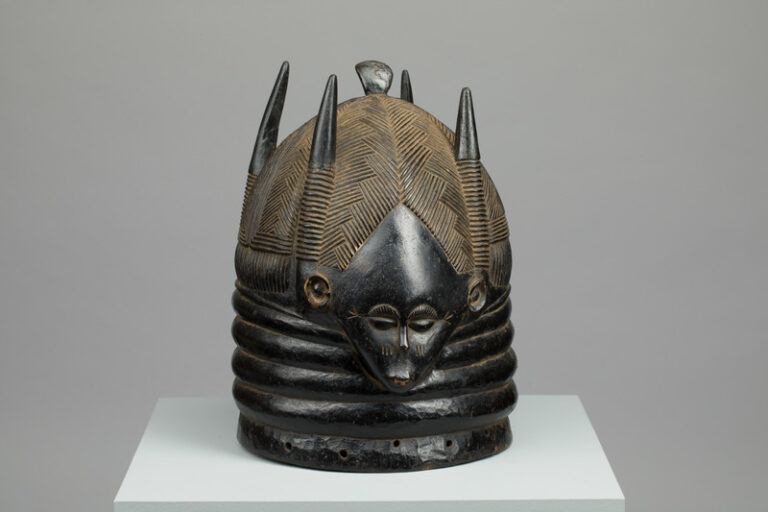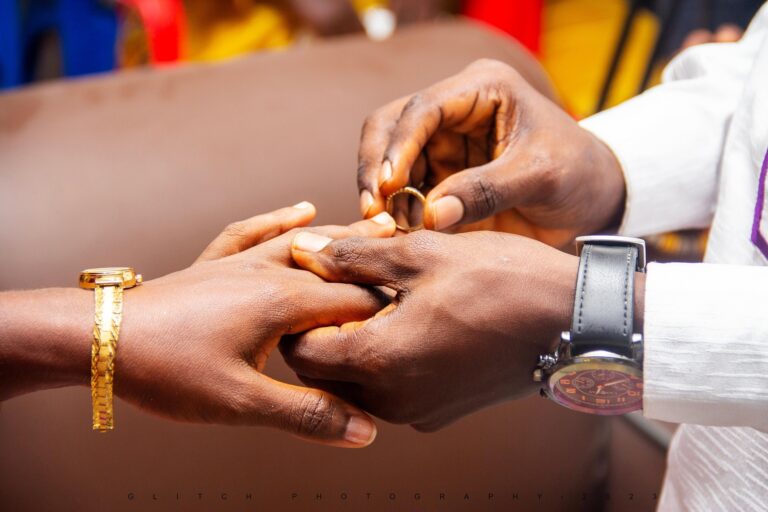Strange Wedding Traditions of Pre-colonial Africa | Talk Africa with Michael Ukwuma
A man saw a girl he liked, got acquainted and one day, he asked her to marry him. She agreed and received an engagement ring from him at once. Later that night, his phone rang. It was the girl’s father. He wanted to know if his daughter truly got engaged without his permission. He summoned the young man because that was not the African way. By the way, what is this African way? Do you know? Let’s talk about it in the comment section as we explore how Africans get married. What do wedding traditions mean across various African cultures? Is it binding? Sexist? Sacred? What is the role of the family? Was it common to divorce a spouse in ancient Africa? I will not end this video until I have talked about same-sex marriages, are they really un-African? Finally, I will make some recommendations to Africans in the diaspora who desire to have an African ceremony but do not know which cultures to embrace. Sounds like a lot but we shall cover this in a very short time starting now.
Know that this article will not cover the marriage process in every culture and the principles discussed will be just the most common ones. Remember that Africa is the most diverse continent of all and has a thousand tribes and languages and more, literally.
What do wedding traditions mean for various African cultures?
wedding traditions exist in every culture in Africa and can range from some very strict arrangements that are sacrosanct to some very open arrangement. In some cultures, spouses are prohibited from having any form of extramarital affairs but in other cultures, they may. In most African cultures, marriage is a rite of passage through which children become adults and full members of the community.
Why do Africans marry?
It is widely believed that a marriage without children is not fruitful. So in many cultures, childbearing sits at the top of the list of why people marry. In some cultures, marriage accords to certain recognitions and honours. For instance, unmarried people in the Igbo culture did not get a funeral when they died and could not take certain titles.
Marriage Proposals and the role of the family
Throughout Africa, it is strange for men to run off with women and get married. Marriage was often between families and marriage proposals were often made in 3 stages. First, a man asked a girl to marry him. If she said yes, he would approach her parents accompanied by his family. If they accepted the proposal, then they would have to perform the marriage rites in the presence of witnesses draw from both families. There are some cultures that allow parents to negotiate marriages for their children without their consent, approval or presence. This is how most child marriages are contracted and is common in Northern Nigeria and Ethiopia. There are other interesting ways a bride may be taken:
- Kidnapping or abduction are acceptable in some cultures but only after the father has agreed to this. The brides’ consent is usually not sought.
- Completing a difficult task like jumping over cattle among the Bena people of Ethiopia or the flogging of a prospective Fulani groom, his ability to withstand pain qualified him as a suitable husband.
Women and Patriarchy in African Marriages
The African woman is oftentimes a force to reckon with in marriages. African women often entered into marriages empowered with resources like household equipment and tokens with which she can establish herself in her new home. Researches from Sierra Leone, Kenya and Nigeria, shows that the colonial masters introduced gendered legislations which considered both wives and slaves as legally inferior to the man. Traditional gender roles were barely non-existent and some of them still survived. Talk about the Omu, who rules over men among the Igbos of Delta-Niger, fishing Ijaw women, building Erbore women, warrior women of Aba and Dahomey. When the colonial masters became brutal in Aba, Nigeria, it was the women who rose and fought a war that liberated the town in what is referred to in a derogatory fashion as the Aba Women’s riot. The Dora Milaje is also known as the Dahomey Amazon were an army of women who guarded the Dahomey Kingdom, known today as Benin were the most feared warriors across West Africa until they lost a long-fought war to the French, who became their colonial masters. Well depending on the culture, there were things a married woman would not be allowed to do. Igbo women are not allowed to climb a tree, but we can blame that on the dress code back then.
Divorce in ancient Africa
Divorce in many African communities did not connote shame. In fact, in many cultures, it was okay for a woman to leave an unimpressive husband. A classical case is Woodabe who hold an annual wife stealing festival. Women could leave their partners and join other men just because they seem more desirable. In many African cultures, women would leave a husband if they no longer found pleasure with him. Either couple could initiate a divorce if the marriage was considered not to be working for instance, if the couple is unable to have children or if other domestic conflicts arose. Divorcees could remarry and did not face stigma before Christian beliefs imposed the one-man-one-wife doctrine which condemns divorce and labels divorcees as sinners. Single parenthood was also not strange. A classical example is Queen Nandi, the mother of Chaka Zulu.
Sanctity of Marriage
Marriage was considered sacred in many African cultures with a few exceptions. You probably realise that most African cultures permit various forms of polygamous marriages, therefore various standards exist on what constituted permissible conduct. For instance in Nsukka and Idoma people of Nigeria, married women could not have extramarital affair. If they did, they would face severe punishment imposed by an impartial and unforgiving deity and even unbelievers in this culture could never escape the punishments once they default. In Idoma culture, the deity Alekwu is known to guard the sanctity of marriages. In other cultures, wives could be shared or swapped with friends without any consequences. This is a common practice among the Ovahimba and Ovazimba tribes in Northern Namibia. What obtains in your tribe. Open or closed marriages?
Polygamy
Polygamy was an acceptable practice in Africa and still is by a wide majority of Africans. However, the demands of modern life may not allow men to marry plenty of women at a time. Muslims are allowed to marry up to four wives and many customs allow up to as many wives as a man can care of. Even though Christians are not allowed to marry more than a wife, many Christians in Africa still take many wives. Civil laws impose single wife per man but most African countries acknowledge customary laws which uphold polygamy still. What do you think? Is polygamy a culture worth preserving?
Same-sex marriage in Africa
It may come as a surprise to some persons but same-sex marriage in Africa is a thing. There are cultures where women can marry women. A typical example is the Omu we talked about who is a traditional and spiritual ruler. A woman of great wealth and affluence can choose to marry other women. She can take a wife or many wives because according to the culture, she is considered as gender-non-conforming and cannot be married by a man. There are also women who marry other women for the sole purpose of childbearing. This is common among cultures where married women who are unable to have children of their own can marry other women who will bear children in their names. A widow who is wealthy but has no children for the late husband, as well as a daughter of a man who had no sons, may choose to take a wife and have children who will continue the family line. This practise is common among some 30 tribal communities in Nigeria, Sudan, Botswana, South Africa, Uganda, Kenya, Eritrea, Rwanda and Tanzania. Usually, children in these kinds of marriages were sired by a relative/friend of the ‘husband’ who can lay no claims to fatherhood. Haven’t seen any records of men marrying men but the practice of women marrying women is still in practice till today. Adult men were not married but there have reported between men and boys known as boy-wives. These relationships were temporary until the boy became a man. You can learn more about these from the book, Boy-wives-female-husbands. Do these sound strange to you or are these practices predominant in your own culture?

